Ronald Brautigam - Beethoven: Complete Works for Solo Piano, Vol. 4 - Sonatas Nos. 12-15 (2007) Hi-Res
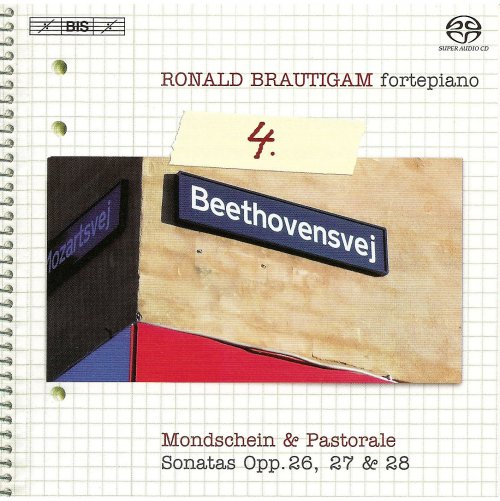
Artist: Ronald Brautigam
Title: Beethoven: Complete Works for Solo Piano, Vol. 4 - Sonatas Nos. 12-15
Year Of Release: 2007
Label: BIS
Genre: Classical
Quality: FLAC 24bit-44.1kHz / FLAC (tracks)
Total Time: 01:13:30
Total Size: 657 / 294 mb
WebSite: Album Preview
Tracklist: Title: Beethoven: Complete Works for Solo Piano, Vol. 4 - Sonatas Nos. 12-15
Year Of Release: 2007
Label: BIS
Genre: Classical
Quality: FLAC 24bit-44.1kHz / FLAC (tracks)
Total Time: 01:13:30
Total Size: 657 / 294 mb
WebSite: Album Preview
Sonata No.12 in A flat major, Op.26 18'16
01. I. Andante con variazioni 7'18
02. II. Scherzo. Allegro molto 2'41
03. III. Marcia funebre sulla morte d’un Eroe 5'52
04. IV. Allegro 2'25
Sonata No.13 in E flat major, Op.27 No.1 14'53
05. I. Andante – Allegro (attacca) 5'00
06. II. Allegro molto e vivace (attacca) 1'53
07. III. Adagio con espressione (attacca) 2'46
08. IV. Allegro vivace – Presto 5'14
Sonata No.14 in C sharp minor, Op.27 No.2 ‘Mondschein’ 14'31
09. I. Adagio sostenuto (attacca) 5'49
10. II. Allegretto 2'04
11. III. Presto agitato 6'38
Sonata No.15 in D major, Op.28 ‘Pastorale’ 24'48
12. I. Allegro 10'22
13. II. Andante 7'12
14. III. Scherzo. Allegro vivace 2'24
15. IV. Rondo. Allegro ma non troppo 4'50
Performers:
Ronald Brautigam, piano
Ronald Brautigam's ongoing cycle on the fortepiano of Beethoven's piano music has been an ear-opening experience for many a listener, as testified by the glowing reviews. The first volume (BIS-SACD-1362) raised the expectations of the critic in Fanfare for 'a Beethoven piano-sonata cycle that challenges the very notion of playing this music on modern instruments, a stylistic paradigm shift'. The reviewer on website klassik.com called Volume 2 (BIS-CD-1363) 'absolutely extraordinary' and stated that 'if this high artistic level is maintained, this Beethoven cycle is set to become an interpretative milestone. Only a select few are able to arrive at such a perfect mix of youthful fire and technical mastery.' And the recently released third instalment, (BIS-SACD-1472) has fulfilled the promise of the previous discs: 'Beethoven the revolutionary comes closer than ever in Brautigam's fiery interpretations', wrote The Times (UK) and the critic on the website MusicWeb International stated that 'these are once more thoroughly exciting, utterly musical performances that make you hear this music afresh.'
With this the fourth volume - which features one of the best loved of all of Beethoven's works, the ‘Moonlight Sonata’ - Ronald Brautigam reaches the year 1800. While still only thirty years of age, Beethoven is firmly established as a composer, pianist and teacher to the highest echelons of Viennese society. But far from contenting himself, he is forever looking forwards and these sonatas take us a great step towards the Romantic era. The Sonata Op. 26 is especially famous for its third movement, the Funeral March, which was played at Beethoven's own funeral. Sonata No. 13 is, like the Moonlight Sonata, subtitled 'quasi una fantasia', and a fascinating development of the genre. The 'Pastorale', finally, exposes another side of the composer - from 1800 onwards Beethoven spent most summers in the countryside and this sonata reflects the quiet country life he enjoyed so much.
With this the fourth volume - which features one of the best loved of all of Beethoven's works, the ‘Moonlight Sonata’ - Ronald Brautigam reaches the year 1800. While still only thirty years of age, Beethoven is firmly established as a composer, pianist and teacher to the highest echelons of Viennese society. But far from contenting himself, he is forever looking forwards and these sonatas take us a great step towards the Romantic era. The Sonata Op. 26 is especially famous for its third movement, the Funeral March, which was played at Beethoven's own funeral. Sonata No. 13 is, like the Moonlight Sonata, subtitled 'quasi una fantasia', and a fascinating development of the genre. The 'Pastorale', finally, exposes another side of the composer - from 1800 onwards Beethoven spent most summers in the countryside and this sonata reflects the quiet country life he enjoyed so much.
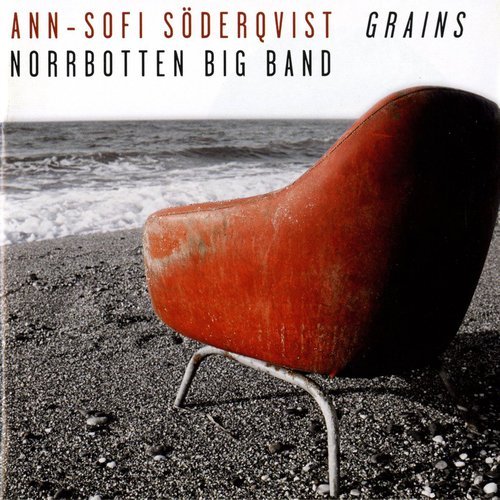

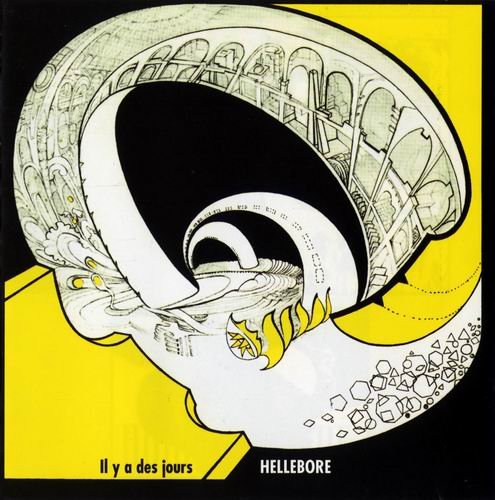

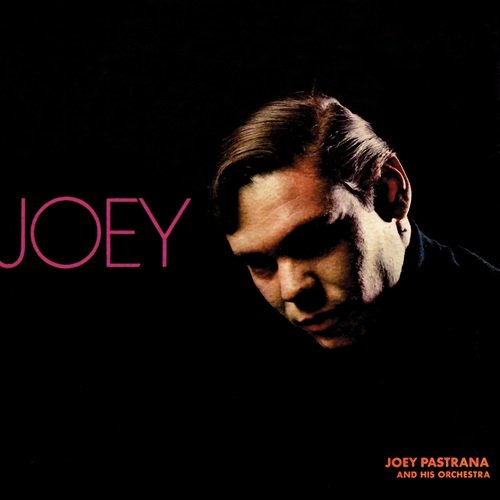
![Kannon - ...in a Sea of Fire (2026) [Hi-Res] Kannon - ...in a Sea of Fire (2026) [Hi-Res]](https://img.israbox.com/img/2026-02/06/031z27045ersqlp1m4v7qos7b.jpg)
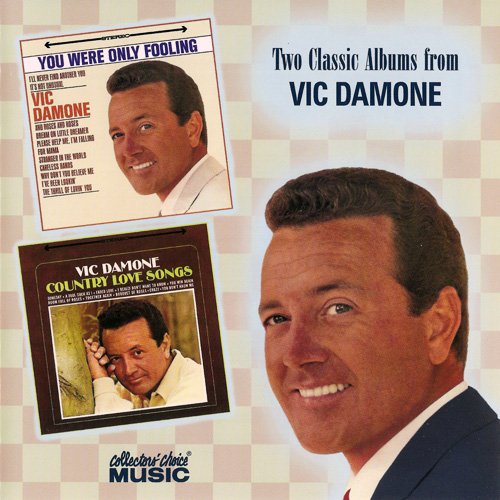
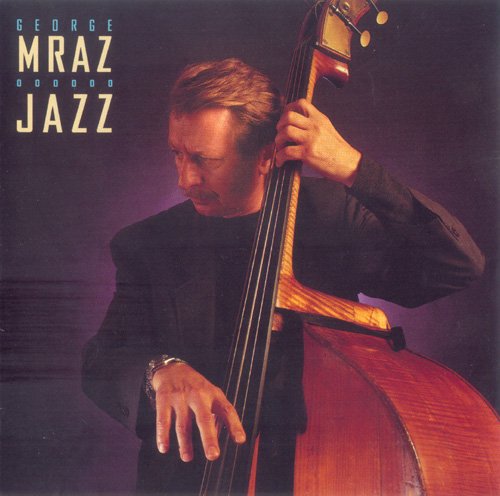
![Ravi Ramsahye PROTOTYPE - Sunglint (2026) [Hi-Res] Ravi Ramsahye PROTOTYPE - Sunglint (2026) [Hi-Res]](https://www.dibpic.com/uploads/posts/2026-02/1770729667_folder.jpg)